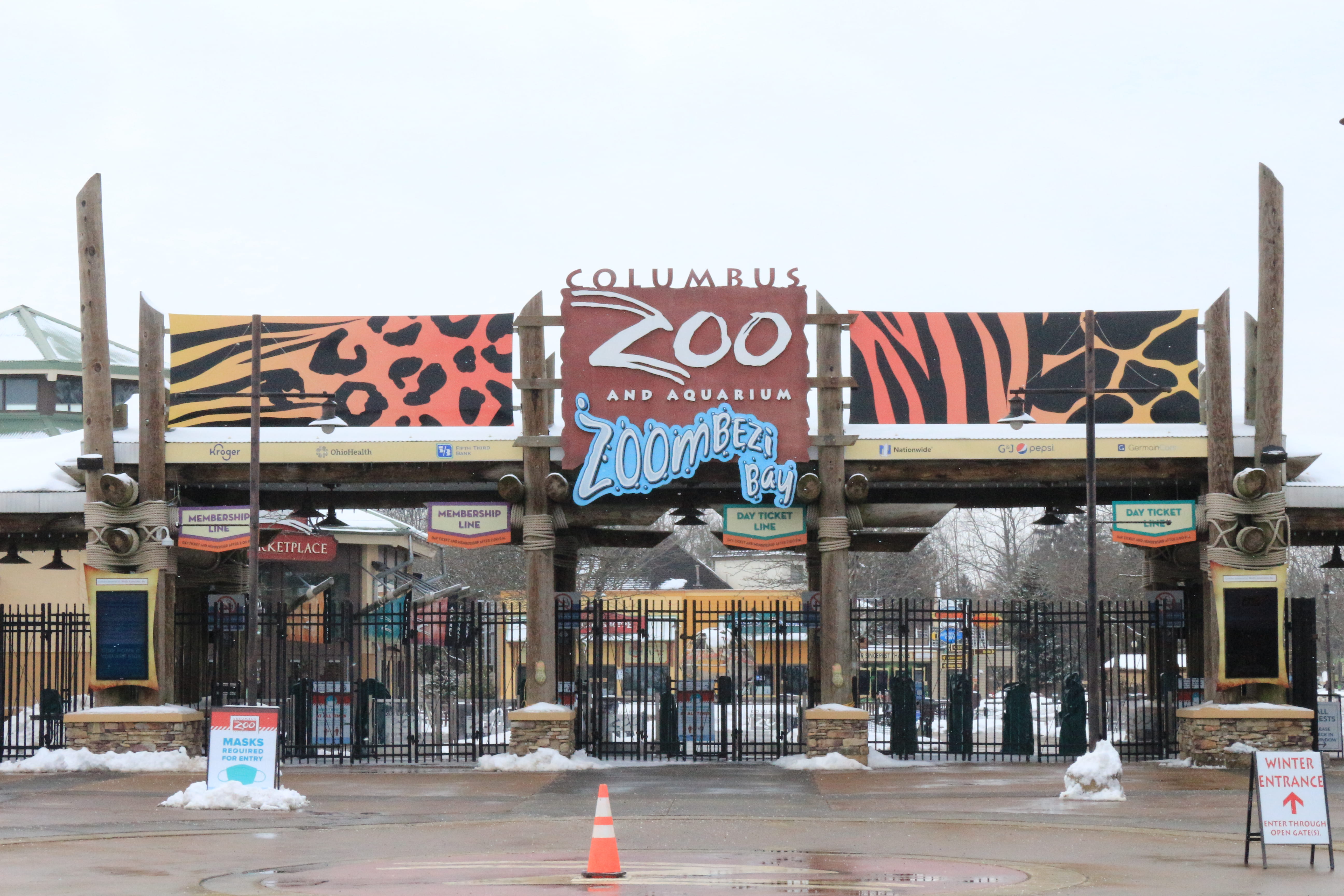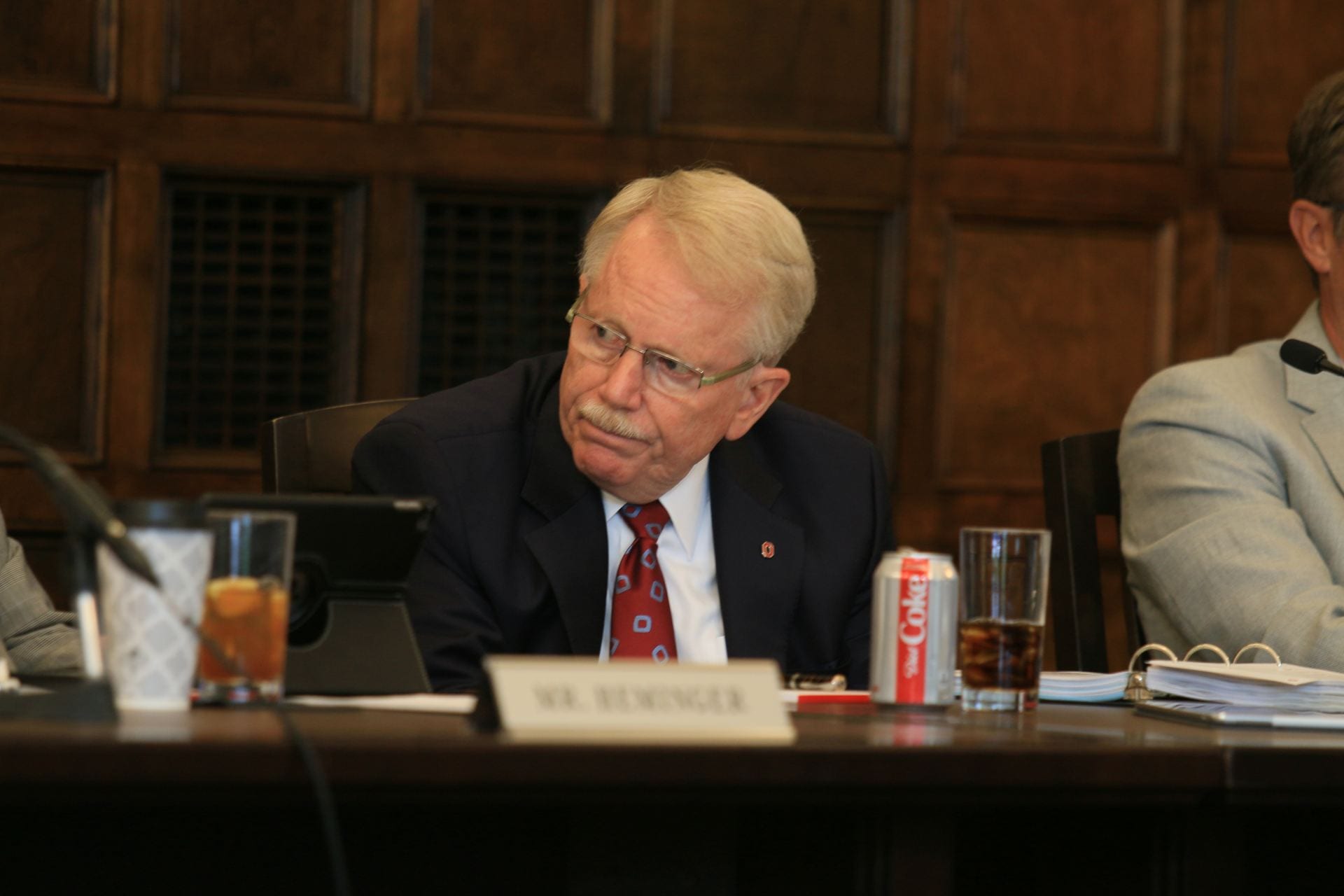
After denying the Columbus Zoo and Aquarium accreditation in early October, the Association of Zoos and Aquariums upheld its decision despite an appeal by the zoo. Credit: Andrew Horne | Lantern file photo
After denying the Columbus Zoo and Aquarium accreditation in early October, the Association of Zoos and Aquariums upheld its decision despite an appeal by the zoo.
The zoo’s appeal requested the association either accredit the zoo or have its accreditation tabled until 2022, but was denied during the association’s board meeting Monday, according to a press release from the zoo. The zoo will remain open and the accreditation denial will have no impact on guest experiences, according to the zoo’s website.
The zoo originally lost its accreditation due to financial mismanagement and a “long record of intentional and repeated animal transfers with non-AZA members intended to supply baby animals – mainly big cats – for entertainment purposes,” according to an October press release from the association.
According to the zoo’s website, it had appeared on national television to discuss wildlife conservation and education, showcasing cats that were acquired or on loan from facilities not accredited by the association. Although the zoo stated these appearances were not illegal, the acquisitions of the cats did not meet the zoo’s “internal standards,” which were ignored by past zoo leadership.
Tom Schmid, who began his role as new president and CEO for the zoo Dec. 6, said in the Monday release the zoo will continue to move forward despite the accrediting association’s disappointing decision. Before leading the Columbus Zoo, Schmid previously served as CEO of the Texas State Aquarium and chair of the board of directors for the Association of Zoos and Aquariums from 2012-2013, according to a press release.
“In the last nine months, the Zoo team has moved mountains to make transformative changes that continue to make us a better Zoo with new team members, new policies and more oversights that were in place at the time of the AZA inspection in July,” he said.
Third-party accreditation of zoos aims to build public trust by acknowledging that the facility meets professional standards, separating zoos committed to animal welfare from roadside zoos — small, unaccredited, amateur zoos that are often poorly run — according to the association’s website.
According to the zoo’s website, new policies and personnel modifications, among other changes, have been implemented since March to help the zoo meet accreditation standards from the Association of Zoos and Aquariums.
“Being accredited by a third-party professional association is important, so we are exploring all options to continue fulfilling our mission and to continue our work with endangered and threatened species that need our help,” Schmid said. “Without question, the care and welfare of the animals remains our top priority.”
Despite losing its accreditation with the Association of Zoos and Aquariums, the zoo was granted accreditation by the Alliance of Marine Mammal Parks and Aquariums Nov. 18, according to a press release. To earn accreditation through that organization, facilities must meet certain standards ranging from animal health and welfare to education and research.
According to the zoo’s website, it will reapply for accreditation by the Association of Zoos and Aquariums in the fall of 2022.


